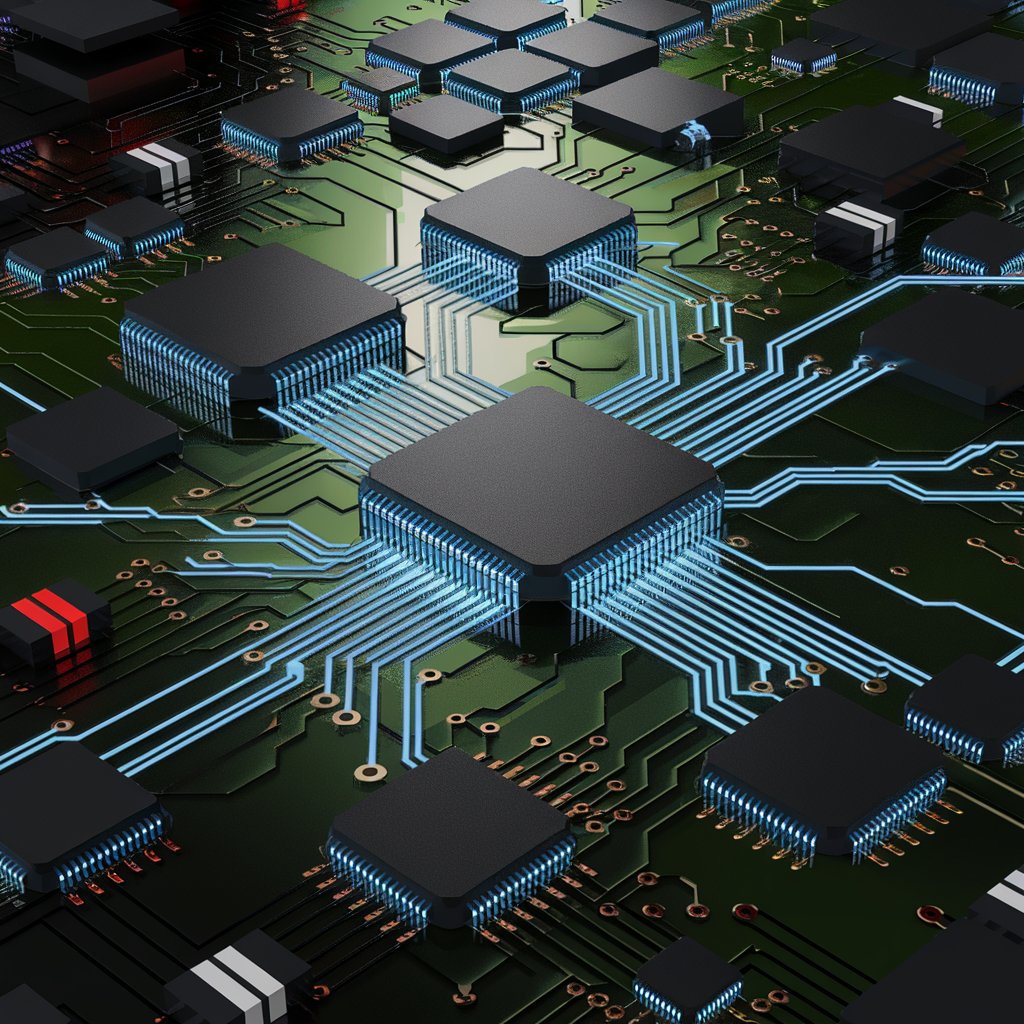Artificial Intelligence (AI) is no longer a futuristic concept. It’s already here—embedded in apps, websites, services, and even appliances we use daily. From smart assistants like Siri to content-generating tools, AI has become a part of our work and personal lives. But with this technological progress comes a growing concern: Are jobs being replaced by AI? The answer is yes—and no.
Let’s explore what’s really happening in the job market due to the rise of AI.

🧠 The Rise of AI: More Than Just Automation
AI is not just about robots on factory floors. Today, AI can:
- Write code
- Generate images and videos
- Automate customer service
- Analyze large amounts of data
- Drive cars (autonomously)
- Detect fraud
- Predict inventory and pricing
With tools like ChatGPT, Midjourney, and self-driving algorithms, AI is expanding into creative, analytical, and operational domains once considered “safe” from automation.
🛠️ Jobs Already Being Affected
Some roles have already seen partial or full automation:
1. Data Entry Clerks
AI can rapidly enter, process, and validate data with fewer errors than a human. Many companies are turning to automated systems to handle this work at scale.
2. Telemarketers
Automated calling systems and AI-generated voices can now handle entire customer interactions, making human telemarketers increasingly obsolete.
3. Retail Cashiers
Self-checkout systems and AI-enabled kiosks reduce the need for traditional cashier roles in many stores.
4. Content Writers (Basic Copy)
AI writing tools can create basic blog posts, social media captions, and product descriptions. While not a full replacement for creative writers, they do take over low-level writing tasks.
5. Customer Support Agents
Chatbots are now smart enough to handle Tier 1 support issues. Many companies use AI as the first layer of interaction before escalating to human agents.
6. Manufacturing and Assembly Line Jobs
These jobs have been steadily automated for decades, and AI is only making the process more efficient and cost-effective.
7. Bank Tellers and Clerks
Online banking and AI-driven financial tools have reduced foot traffic in banks and automated many routine services.
👩💼 Jobs at Risk in the Near Future
The following jobs aren’t fully replaced yet but could be next:
- Paralegals: AI can quickly search through legal documents and cases.
- Accountants: AI-powered platforms like QuickBooks and FreshBooks are increasingly automating bookkeeping and tax filing.
- Radiologists: AI has shown promise in reading medical scans with accuracy comparable to doctors.
- Journalists: For financial reports or sports recaps, AI can generate readable articles in real-time.
- Graphic Designers: With AI image generators like DALL·E and Canva’s Magic Design, some tasks may no longer need human input.
💼 Jobs AI Won’t Easily Replace
Despite the rise of AI, many roles still require human empathy, creativity, and adaptability:
- Teachers: While AI can assist, real teaching involves understanding emotional and psychological cues.
- Healthcare Workers: Nurses, therapists, and caregivers offer human interaction AI can’t replicate.
- Tradespeople: Electricians, plumbers, and mechanics deal with physical, unpredictable tasks.
- Mental Health Professionals: No AI can truly replace the nuance of therapy and human connection.
- Strategic Leaders: Visionary leadership, complex negotiation, and ethical decision-making are difficult to automate.
🧭 Final Thoughts
AI is already reshaping the job landscape. Some positions will vanish, some will transform, and entirely new ones will emerge. Instead of fearing the change, individuals and companies should embrace lifelong learning and explore how AI can be used as a tool, not a threat.
Stay informed, stay curious—and most importantly, stay human.
